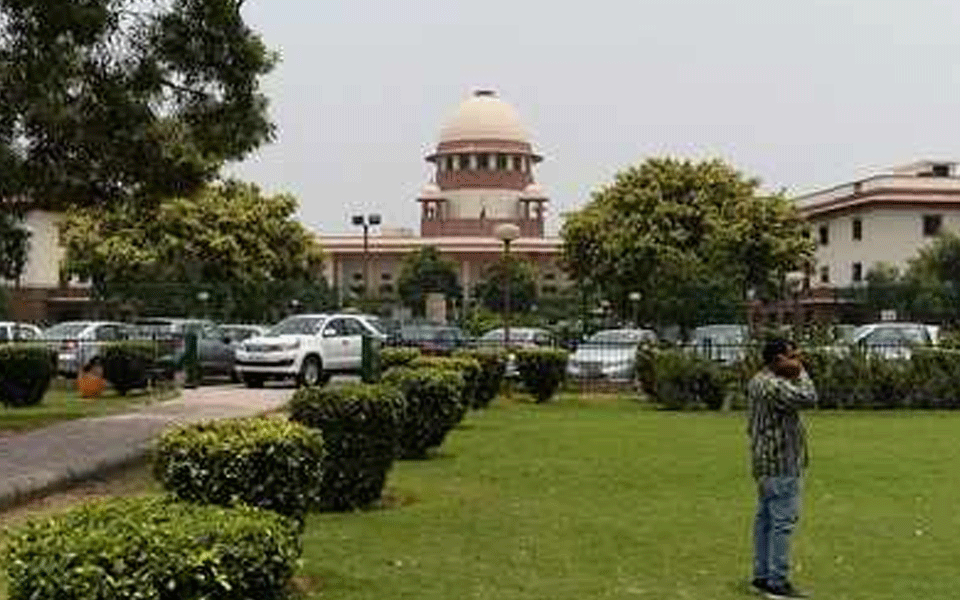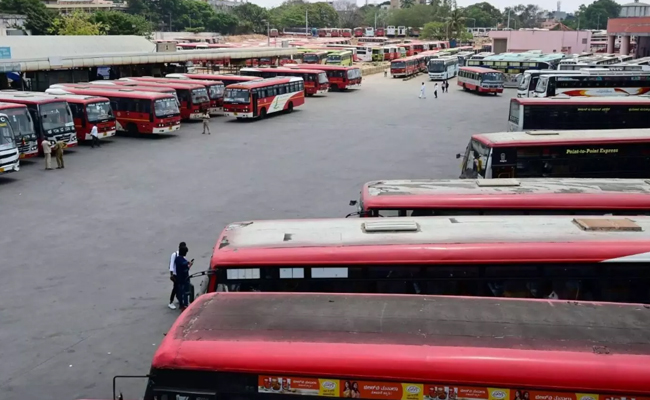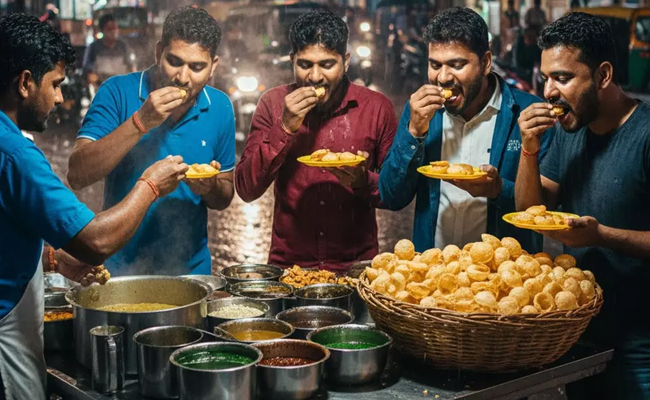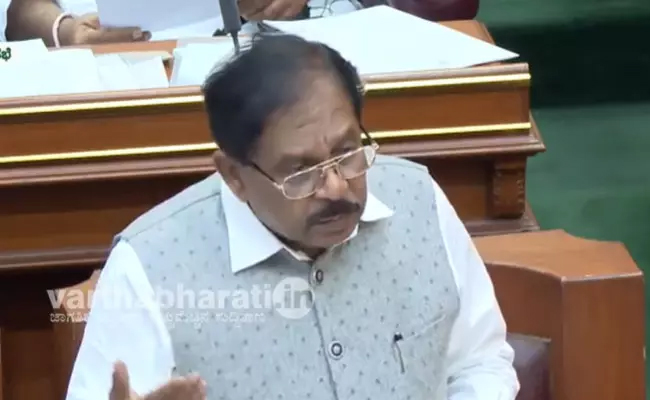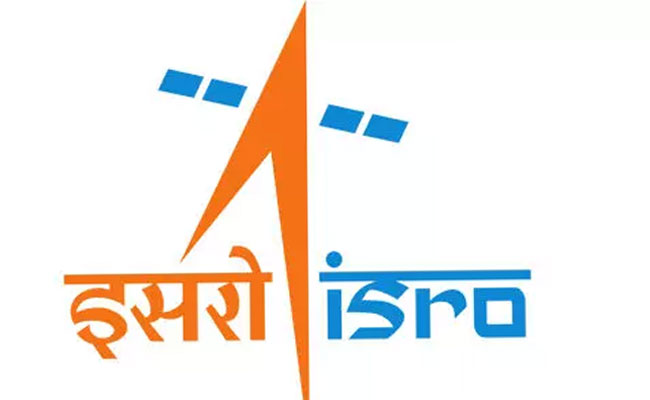New Delhi, July 10: The Supreme Court on Tuesday ruled out expanding the scope of the challenge to validity of the Indian Penal Code's Section 377, which criminalizes homosexuality, to include the right to marriage, co-habitation and adoption of people belonging to LGBT groups.
Saying that it will only confine the hearing to the constitutional validity of Section 377, the five judge constitution bench of Chief Justice Dipak Misra, Justice Rohinton Fali Nariman, Justice A.M. Khanwilkar, Justice D.Y.Chandrachud and Justice Indu Malhotra said that they will not wade into the issue which has not so far arisen.
Telling senior counsel Mukul Rohatgi that "let us for now limit to the vires of Section 377 IPC", Chief Justice Misra said that the question was whether Section 377 is ultra vires or not.
"Let us get out of this maze."
Ruling out expanding the scope of the hearing, he said that all the issues rooted in the rights of the LGBT community like marriage, cohabitation, adoption and inheritance "can be debated when the issue comes before us. Let there be no advance ruling".
The court said this as Rohatgi, appearing for the hotelier Keshav Suri, told the bench that their challenge to the vires of Section 377 IPC was one aspect and they were also seeking protection of their rights under Article 21 guaranteeing life and liberty.
However, this was opposed by Additional Solicitor General Tushar Mehta, appearing for the Central government, who said: "Let us confine to challenge to Section 377."
He said that if the scope of the hearing had be broadened, then the government must be given opportunity to respond to the petition being argued by Rohatgi.
However, this issue saw difference of perceptions within the judges, as Justice Chandrachud said that the declaration by the constitution bench should not be limited to testing the validity of Section 377.
As Mehta insisted that the hearing should be limited to Section 377, Justice Chandrachud observed: "This is a constitution bench."
However, Justice Nariman, along with the CJI, said they should first decide on the constitutionality of Section 377 and then decide on the individual rights that would follow as a consequence.
Describing his clients belonging to a sexual minority and seekinge protection of their rights, Rohatgi urged the bench not to restrict the hearing just to the challenge to Section 377, asking how many of them can later approach the court on individual issues.
He said that sexual orientation - which according to Section 377 IPC is against the order of the nature - is in fact is also an order of nature as it was not a matter of choice and cultivated trait but the one that nature has given through genes.
The constitution bench is hearing a bath of petitions by Suri, Sangeet Natak Akademi awardee Bharatnatyam dancer Navtej Singh Johar, a group of past and present IITians who are LGBT and others against its 2013 order, setting aside a Delhi High Court's July 2, 2009 verdict decriminalising gay sex.
Appearing for Johar, senior counsel Arvind Datar argued that criminalizing gay sex was punishing someone for me something "that is innate, nature and God has given". "It can never be against the order of the nature as it is nature itself."
He said that the right to life also means right to choose partners, which he contended was part of the right to privacy, and the right to sexual orientation.
Pointing to the inconsistency of Section 377 with the present day understanding of rights including right to privacy, he said that no law-making body can now enact section 377 as it would totter at the presumption of constitutionality.
As Datar sought to place the mankind at a higher pedestal with the rest of the animal kingdom in the matter of making choices, Justice Malhotra observed that 150 species of animals show homosexual tendencies.
She also referred to British Prime Minister Theresa May expressing regret over UK's colonial anti-gay law and saying that 37 of the 53 Commonwealth countries were still following the law passed under British rule.
The hearing will continue on Wednesday.
Let the Truth be known. If you read VB and like VB, please be a VB Supporter and Help us deliver the Truth to one and all.
Bengaluru: The Karnataka State Road Transport Corporation will operate 1000 additional special services in view of the Christmas festival.
In addition to the existing schedule, the special services will run on 19.12.2025, 20.12.2025 and 24.12.2025. Further, special buses will be operated from various places of intra & Interstate places to Bengaluru on 26.12.2025 & 28.12.2025.
Special buses will be exclusively operated from Bengaluru Kempegowda Bus Station to Dharmastala, Kukkesubramanya, Shivamogga, Hassan, Mangaluru, Kundapura, Shringeri, Horanadu, Davangere, Hubbali, Dharwad, Belagavi, Vijayapura, Gokarna, Sirsi, Karwar, Raichur, Kalaburagi, Ballari, Koppala, Yadgir, Bidar, Tirupathi, Vijayawada, Hyderabad and other places.
ALSO READ: Bengaluru: Shopkeeper stabbed for refusing to serve free panipuri
Special buses from Mysuru Road Bus Station will be exclusively operated towards Mysuru, Hunsur, Piriyapatna, Virajpet, Kushalanagar, Madikeri.
The corporation has also announced a discount of 5 per cent on the fare if four or more passengers book tickets under a single reservation. A discount of 10 per cent will be extended on return journey tickets if onward and return tickets are booked simultaneously.
In addition to the above, special buses will be operated from all Taluk/District Bus Stands in the jurisdiction of KSRTC based on the traffic needs.

